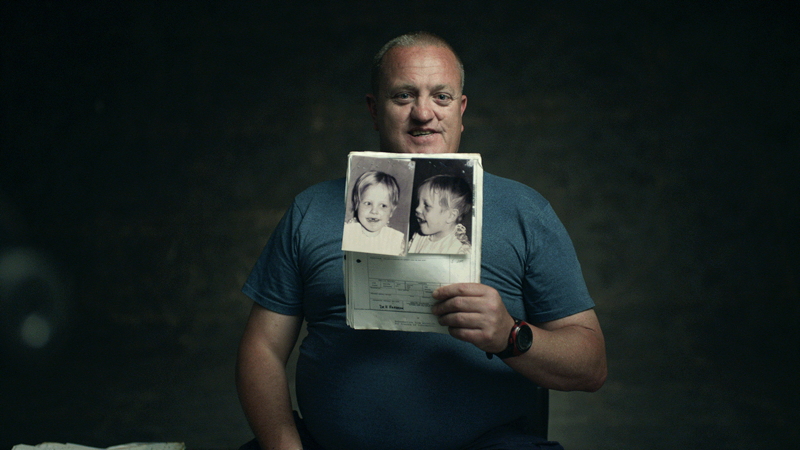By Elizabeth Maidment
On hearing the film’s title, one could easily assume that the 2018 documentary, Ghosthunter, is shrouded in the themes of horror, gore and all things downright terrifying. But, if that’s not your forte, you’ll be pleasantly surprised to discover that the film is centred only around the (metaphorical) ghosts of your past: a dive into how society can break the stigma surrounding adult abuse victims.
Directed by Ben Lawrence, Ghosthunter follows the story of Jason King, a security guard and part time paranormal ‘ghost hunter’ as he reconciles to find his father. As a survivor of a violent childhood, King is determined to seek the answers he never received due to memory loss and post-traumatic stress disorder.
Lawrence stumbled upon King’s story after reading an article in the newspaper about him ‘seeing his dead brother’s ghost’ – his brother had passed away in a car accident a year earlier. Beginning as a story about the paranormal and leaving with a heavy feeling, the chronicle takes a bleaker turn when focusing in on King’s personal life: his struggle with depression and suicide, repressed traumas and violence and abuse – both in his current life and in his past.
Ghosthunter is Lawrence’s debut feature, with Hugh Miller as his cinematographer: the perfect pairing for tackling the sensitive issue at hand. Miller’s camerawork is ominous and respectful, similar to Lawrence’s style of storytelling, working in harmony to portray an important message of trauma.
Although some of the transitions can be a little awkward and the ramped-up music during the pivotal parts of the ‘investigation’ can be a bit tedious, this does not take away too much from the integral message of the story, which is a crucial point of Ghosthunter, and something that is not spoken about too often, especially surrounding male victims.
After a ten-year investigation and numerous interviews on-camera with other family connections, there is more to the story than originally anticipated. It dives deeper into not only King’s past, but how this affects who he is today. Between intimate and segmented shots of Lawrence addressing and learning about King as an adult, you learn a deeper understanding of the mental health issues at hand, and how serious some of the problems that are being presented truly are. It’s sort of a tug-of-war between Lawrence uncovering problems in King’s current life—tangled up due to his past—and trying to reconcile with him to seek professional guidance.
Although his film handles tales of sexual abuse and violence, Lawrence’s story lingers long after you leave your seat; King’s softly edged smile and talkative nature stick with you. Ghosthunter was heartfelt in the right places and ultimately tells the strong message of the mistreatment of the victims of abuse, as well as the necessity of seeking help for suicide, depression and other mental health illnesses—timed perfectly for Mental Health Awareness month, coming up in November.
If you, or anyone you know needs to seek support for violence or mental health issues, please contact: Lifeline Australia (13 11 14), BeyondBlue (https://www.beyondblue.org.au), RMIT Counselling Services as well as other professional medical help through your GP.

